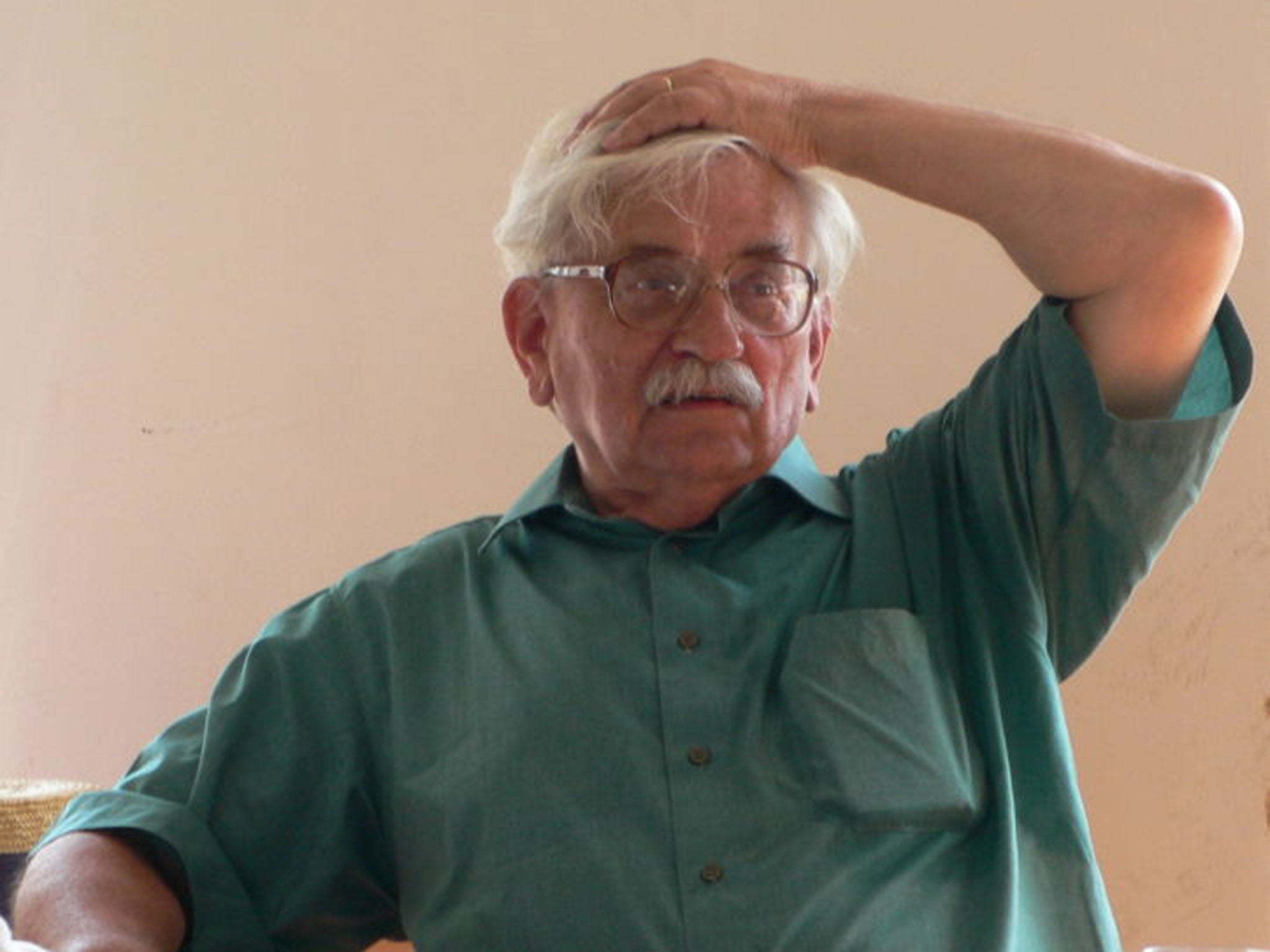Czech novelist and anti-Communist dissident Ludvik Vaculik dies aged 88
Vaculik’s ‘Two Thousand Words’ manifesto became key document of 1968 Prague Spring reform movement

The Czech novelist and journalist Ludvik Vaculik, whose manifesto “Two Thousand Words” became a key document of the 1968 Prague Spring that contributed to the Kremlin’s decision to invade Czechoslovakia, has died aged 88.
His death was announced on Saturday by Czech public radio and television and by the daily newspaper Lidove Noviny, though no further details were immediately announced.
“We will all remember him as an important and brave man of pen and word who was free and independent throughout his life and under any regime,” Prime Minister Bohuslav Sobotka said, offering his condolences to Vaculik’s family. Vaculik is survived by his wife Madla and his five children.
Born in 1926 in the eastern town of Brumov, Vaculik was a supporter of the communist regime in the early part of his life, becoming a member of the Communist Party, but he soon grew disappointed with the party over its totalitarian system.
He was thrown out of the party after writing a highly critical speech which he delivered at a congress of Czechoslovak writers in 1967.
In early 1968, when liberal leader Alexander Dubcek became secretary general of the country’s Communist Party, Vaculik was asked to support a process of liberal reforms meant to lead toward the democratisation of communist Czechoslovakia.
Vaculik wrote the “The Thousand Words” manifesto, which said that since the Communists had taken power in 1948, “the nation reached a point where its spiritual health and character are under threat”.
Banned by the hard-line regime that was established after the 1968 invasion, Vaculik contributed to drafting the Charter 77 human rights manifesto together with other leading dissidents, including Vaclav Havel, who later would become Czech president after the fall of communism in 1989. Vaculik was in charge of an underground publishing house that released hundreds of books by banned authors.
His major books include “The Guinea Pigs,” a diary-novel “The Czech Dreambook” and a chronicle “A Cup Of Coffee with My Interrogator.”
After the 1989 anti-communist Velvet Revolution, Vaculik received several major state and literary awards.
Additional reporting by AP
Subscribe to Independent Premium to bookmark this article
Want to bookmark your favourite articles and stories to read or reference later? Start your Independent Premium subscription today.

Join our commenting forum
Join thought-provoking conversations, follow other Independent readers and see their replies